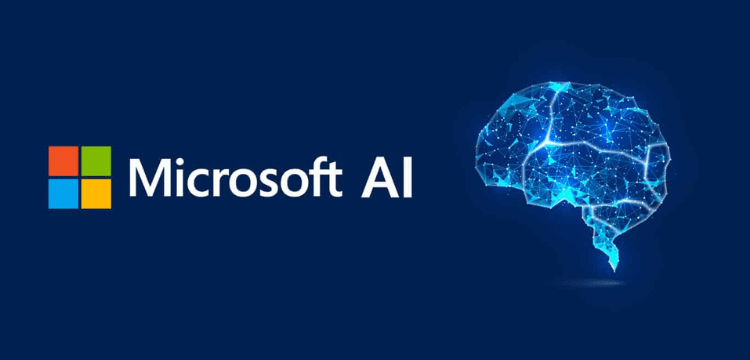[vc_row][vc_column][vc_column_text dp_text_size=”size-4″]Google and Microsoft are on the same page when it comes to bringing next-generation AI tools as add-ons to existing services on their platforms.
Microsoft announced on March 16 that it is integrating an AI-powered system called Copilot into its 365 suite apps, which include Word, Excel, Outlook, PowerPoint, and Teams.
Google, on the other hand, intends to incorporate AI into its Workspace apps such as Sheets, Docs, Slides, Chat, and Meet.
Millions of people use these apps on a daily basis, whether they are individuals or corporations. As a result, the decision will result in a significant increase in employee productivity.
Emergence Of Generative AI
Previously, AI was only used for recognition and categorization tasks, such as identifying a licence plate with a traffic camera.
With the rise of AI, people are becoming more aware of technological advancements. As a result, chatGPT and Dall-E have taken the world to a new level.
Furthermore, Copilot and Workspace AI are built on new advanced and modernised large language models (LLM) trained on massive amounts of data.
However, through advanced data levels, the systems have learned many rules and patterns to help users.
Copilot is a high-level AI that can help you speed up time-consuming tasks. For example, it will:
- Help users in editing, writing, and summarising word documents.
- Organize and manage the Outlook inbox
- It aids in the provision of real-time summaries of Team Meetings.
- Ideas are provided and turned into full PowerPoint presentations.
- Data is gathered from presentations, emails, documents, and calendars.
- As a result, Copilot will be a significant and effective addition to Microsoft’s Workspace.
- Google’s Workspace AI, on the other hand, will provide similar capabilities to paying subscribers.
Introducing a new era for AI and #GoogleWorkspace:
✅ Draft, reply, summarize & prioritize your Gmail
✅ Brainstorm, proofread, write, & rewrite in Docs
✅ Bring your creative vision to life with auto-generated images, audio, & video in Slides
And more → https://t.co/vGsTGN3w9i pic.twitter.com/XnkTWvrwgT— Google Workspace (@GoogleWorkspace) March 14, 2023
Read More: Man creates Remarkable 3D Game using GPT-4
Copilot is defined as follows:
“Sophisticated processing and orchestration engine working behind the scenes to combine the power of LLM’s including GPT-4”.
Google Workspace, on the other hand, is based on PALM (Pathways Language Model), which was specifically trained on a combination of books, news articles, Wikipedia sources, filtered webpages, and social media conversations.
Both technologies, however, are integrated into existing cloud infrastructure. This implies that all of the data available will be online and stored on company servers.
The tools must have full access to the relevant content in order to provide contextualised responses. Copilot, for example, is unable to condense a 16-digit Word document into a single page of bullet points without first analysing the text.
Microsoft stated in the same context,
“Copilot’s large language models are not trained on customer content or on individual prompts”.
Whereas, as per Google, “provide data is kept private and not used in the broader foundation model training corpus”.
Usability Issues
Text-based generative AI tools, as many have pointed out, are vulnerable to algorithmic bias. However, the problem will also affect Microsoft and Google tools.
However, the results produced by AI tools are riddled with errors and inaccuracies. Earlier this year, Microsoft’s Bing chatbot, which runs on GPT-4, was chastised for making outrageous claims.
Problems arise when a large amount of data is available without a proper understanding of the training data and knowledge of the training process.
Security Concerns
One of Microsoft’s and Google’s biggest vulnerabilities is the ease with which cyber criminals can bleed victims dry.
Prior to the advent of AI-powered tools, cybercriminals had to sift through hundreds of files and emails to find any specific data. They can, however, now easily access it thanks to AI-assisted Features.
However, data that is available online is a lot riskier to access than data that is already on your computer.
Unfortunately, new ways for the world’s largest corporations to gather and combine data are not particularly encouraging from a privacy standpoint.[/vc_column_text][/vc_column][/vc_row]











